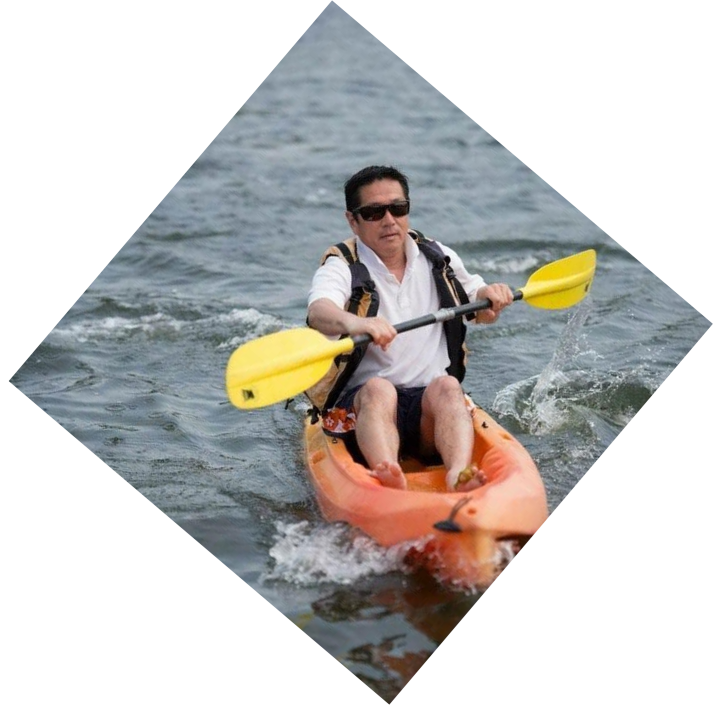
Country: United States of America
Najih is the Senior Fisheries Advisor at the Coastal Resources Center of the University of Rhode Island. Najih has been working in marine conservation and sustainable fisheries since 1984. His has been involved in developing approaches for sustainable and responsible use of marine resources including fisheries assessment and management, international development, illegal fishing (IUU), fisheries policy and improved governance. In light of that, Najih has worked on developing fisheries management plans and community-based research and education in Morocco, Senegal, Gambia, Mauritania, Ghana and Malawi. He returned from Ghana in 2017 after serving for two years implementing a $25 million fisheries project on small scale fisheries. He helped design the co-management strategies in Senegal and currently involved in a regional fisheries research project on small pelagic resources of West Africa. Prior to that, he served as a Board Member of the Atlantic States Marine Fisheries Commission and as the federal aid coordinator and as the acting deputy director of Division of Fish and Wildlife in Rhode Island.
What are you currently working on within the context of SSF?
NL: My most current work with small-scale fisheries (SSF) has focused on the importance of science for policy and regulatory decisions in Ghana, Senegal and Morocco. I developed a stock assessment framework in data poor environments to derive the status of fish stocks and guide policies makers, while taking into account fishermen’s knowledge and climate-related changes. My focus was on small pelagic stocks as they represent a very important source of food security and livelihood in developing countries.
NL: If you could single out one or two most significant factors for securing sustainability of SSF, what these factors be?
In my experience, the most important threat to the sustainability of SSF is the marginalization of the important role it plays in small communities’ food security and livelihood. I think it is due mainly to the fact that development programs are focused on unrealistic social programs directed by foreign projects in developing countries. It is important to shift to scientific and evidence-based management conducted and directed by local groups to gain capacity and assume more responsibility to manage their own resources sustainably.















